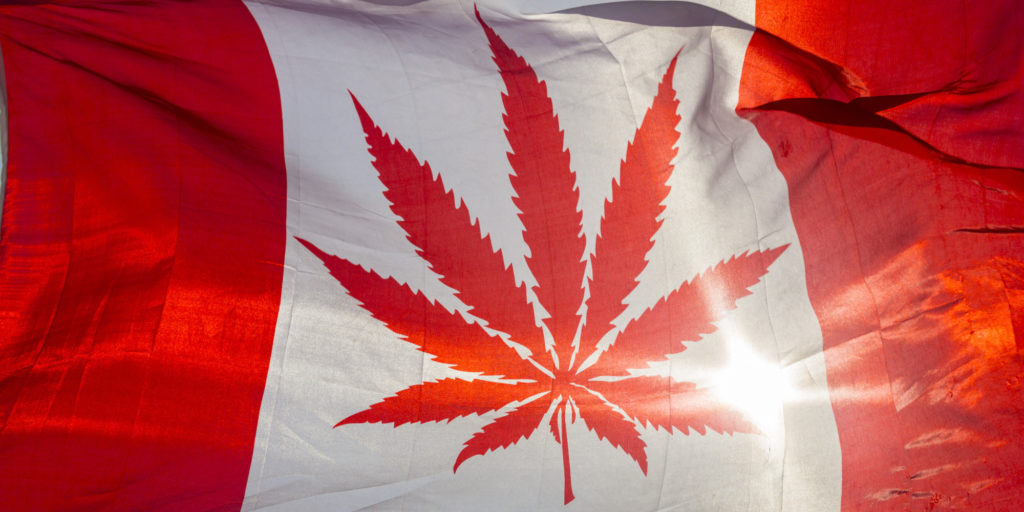
Recreational use of cannabis became legal in Canada yesterday.
It was an election promise of Justin Trudeau’s liberals; we voted for him (well, not all of us) and so, as a nation, we have received what we asked for, what we deserve: big dope, big government, big stupefaction.
The Government of New Brunswick has a helpful website on bongs, blubbers, dab rigs and other paraphernalia to facilitate your consumption of cannabis and hasten you on your journey to psychosis and schizophrenia .
The Anglican Church of Canada, normally much inclined to giving its prophetic viewpoint on every contemporary societal lunacy, has been strangely silent on the matter. Perhaps they are waiting to see whether pot induced psychosis will lead the unwary into tottering in to one of its decaying churches, mistaking the whiff of incense for something stronger.
We have spent the last 60 years trying to stamp out tobacco smoking; here we go again.
From the Globe and Mail:
First, public health officials at all levels of government have been quite clear that marijuana remains a mind-altering drug, and that it has the potential to become addictive, impair judgement, and increase the risk of developing psychosis with heavy use. Some heavy pot smokers are even tormented by constant nausea.
Depending on how Canadians choose to consume the drug, there are also fears that it could lead to a renormalization of smoking. There are at least 33 known carcinogens in marijuana smoke and it’s been tied to cancer, respiratory problems and heart disease.
Meanwhile, students who use the drug regularly have been shown to suffer from poor health and tend to get lower grades. Experts have argued that setting the legal age federally at 18 (legal age will be 19 in most provinces) is a mistake, as the adult brain continues to develop until the age of 25 and too much pot may impede that development. (There are some studies, including one out of the University of Pennsylvania, indicating that concerns surrounding marijuana’s physical effects on young people may be overblown.)
One of the main reasons the government said it wanted to legalize marijuana in the first place was to cripple the black market and reduce access for young people.
On the other end of the spectrum, seniors are being told to be cautious if they are particularly frail, as pot impairment can have an affect on cognition and mobility. Children are particularly susceptible to consuming marijuana edibles (which are not legal yet) and these products should always be kept out of reach.
The Society of Obstetricians and Gynaecologists of Canada warns that there is growing evidence on the harms of cannabis use during pregnancy. Risks that may be associated with pot use include low birthweight, preterm labour and stillbirth.
Canadians of all ages must also remain aware that synthetic marijuana, a compound that mimics the effect of THC, may continue circulating on the black market after legalization, and should be avoided.
Like this:
Like Loading...
 The Anglican Journal has an article on the Pittsburgh synagogue murders that contains this odd sentence:
The Anglican Journal has an article on the Pittsburgh synagogue murders that contains this odd sentence:


